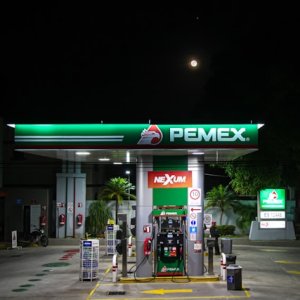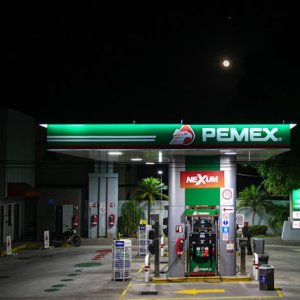Getting Honest About Downstream Challenges and Opportunities

STORY INLINE POST
Q: What opportunities led you to the creation of Ursus Trade & Consulting?
A: This began as an idea in 2012, before the enactment of the 2014 Energy Reform. I was working in the public sector at the time, mainly as a researcher collaborating closely with authorities prosecuting tax and finance crimes. During that time, Mexico’s criminal justice system was also going through significant changes. My experiences there inspired me to set up my own business and develop a portfolio of clients in the fuel retail sector. Among these clients was a gasoline retail group which is a market leader in Nuevo Leon and other gulf states. Through them I established my network within the industry and met important people, such as current ONEXPO President Roberto Díaz de León. With the enactment of the Energy Reform and the enormous change that it represented for the retail fuel sector, Ursus became a legal firm specialized in regulatory policies. Its service portfolio has since extended into commercialization and energy trading. We also manage many cases that involve conflict resolution and legal disputes. We also provide consulting services for legislative and political groups.
Q: What are the most important steps that need to be taken by clients interested in resolving legal disputes?
A: Unfortunately, Mexico’s legal framework is not flexible enough to allow for the agility our sector requires. In addition, our bureaucratic and institutional environment can be quite surreal. It can be difficult to explain these circumstances to American and Latin American clients. Our current regulatory context can be significantly hostile. The authorities were never business-friendly but they used to understand the sector’s need for agile solutions and a steady supply of conflict-resolution mandates. Mexico’s tax authorities experienced four years of a learning curve to operate successfully in an open market after 2014. Today, the speed of permitting and other regulatory procedures are beginning to break down again. As a result, we are seeing some old vices/issues resurface between the market and public authorities. We advise our clients to get familiar with these issues and to avoid the risk of incurring them in any way. Before clients get involved in a dispute, they need to have the patience to see that the current political situation will change and that getting involved in a legal conflict that could be resolved more organically in the future might not be worth it. At the same time, they have to balance that possibility with the risk that the political environment represents for their investments.
Q: What important circumstances are defining the political climate in Mexico?
A: One of the main disagreements is over the role of PEMEX. This administration wants to strengthen PEMEX instead of the private sector. The truth is that in the downstream sector and particularly in the fuel retail landscape, PEMEX has always depended on the private sector for the distribution and commercialization of its products. The idea that PEMEX’s interests and those of the private sector are at odds in this matter is based on an incorrect understanding of what the sector’s institutional configuration should be. We have also noticed a climate of fear with regulators such as CRE and SENER. We are in contact with public officials in these institutions and they understand and agree with what we are telling them. Nevertheless, they are afraid to speak up because dissent is being harshly punished. The government claims that laws have overwhelmingly benefited the private sector but if that was the case then many of our sector’s regulatory processes would not come to a halt as they have been. Right now, the criteria through which regulators are approving and denying permits is becoming rather opaque, since many processes are stuck in limbo for no clear reason. Whenever an approval comes through, the reason why that particular approval was successful while others were not, is very mysterious. This has unfortunately created a black market for “legal services” provided by unreliably sourced “representatives” who claim to be able to obtain permits or releases through some assumed process. This can be a fraudulent offer or represent an unfortunate vehicle for the sale of political influence, among other forms of corruption.
Ursus Trade & Consulting is a Mexican consultancy focused on the downstream and renewable energy sectors. It specializes in covering the industry’s regulatory framework, managing trading strategies and developing SMEs through commercialization and supply chain frameworks.








 By Pedro Alcalá | Senior Journalist & Industry Analyst -
Wed, 02/16/2022 - 13:29
By Pedro Alcalá | Senior Journalist & Industry Analyst -
Wed, 02/16/2022 - 13:29
















